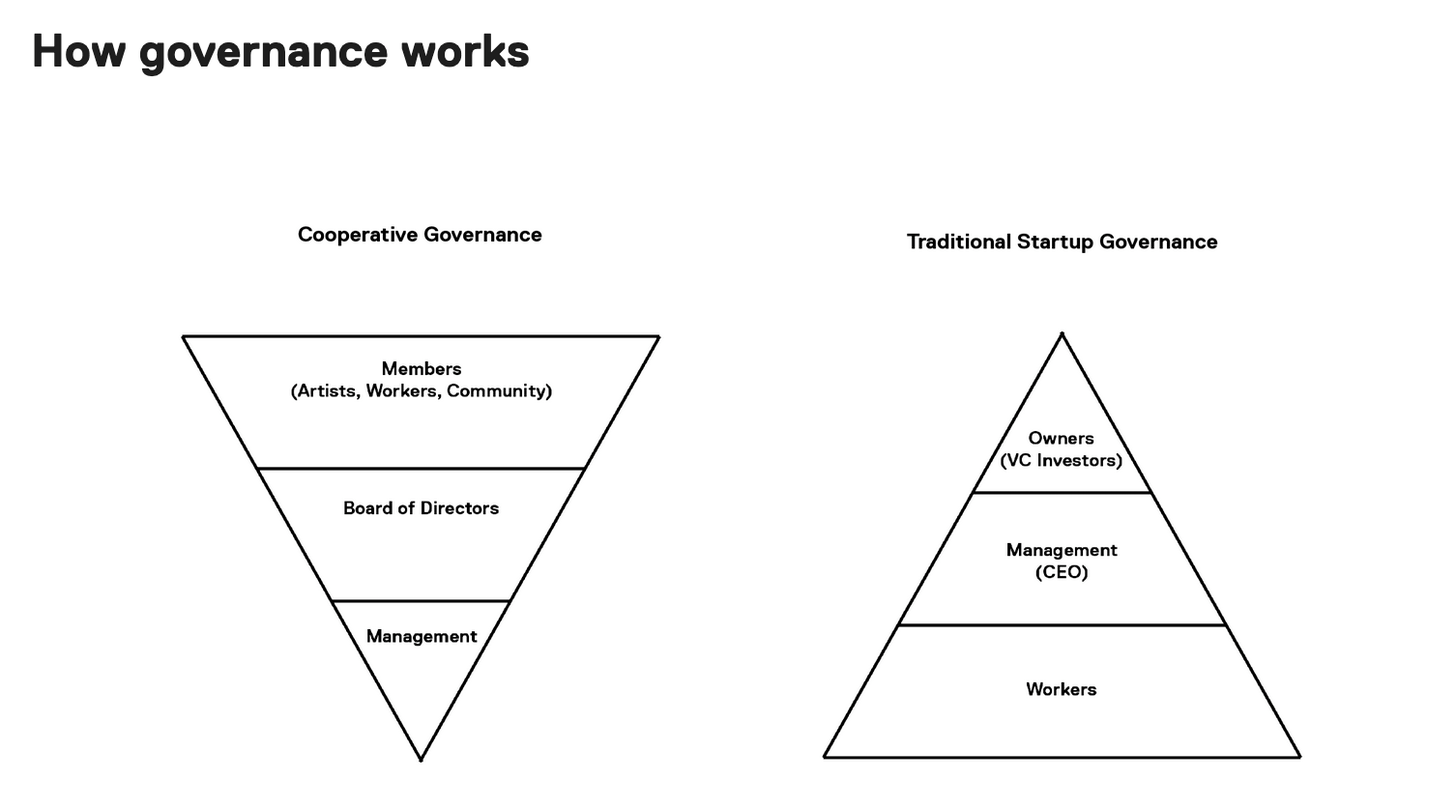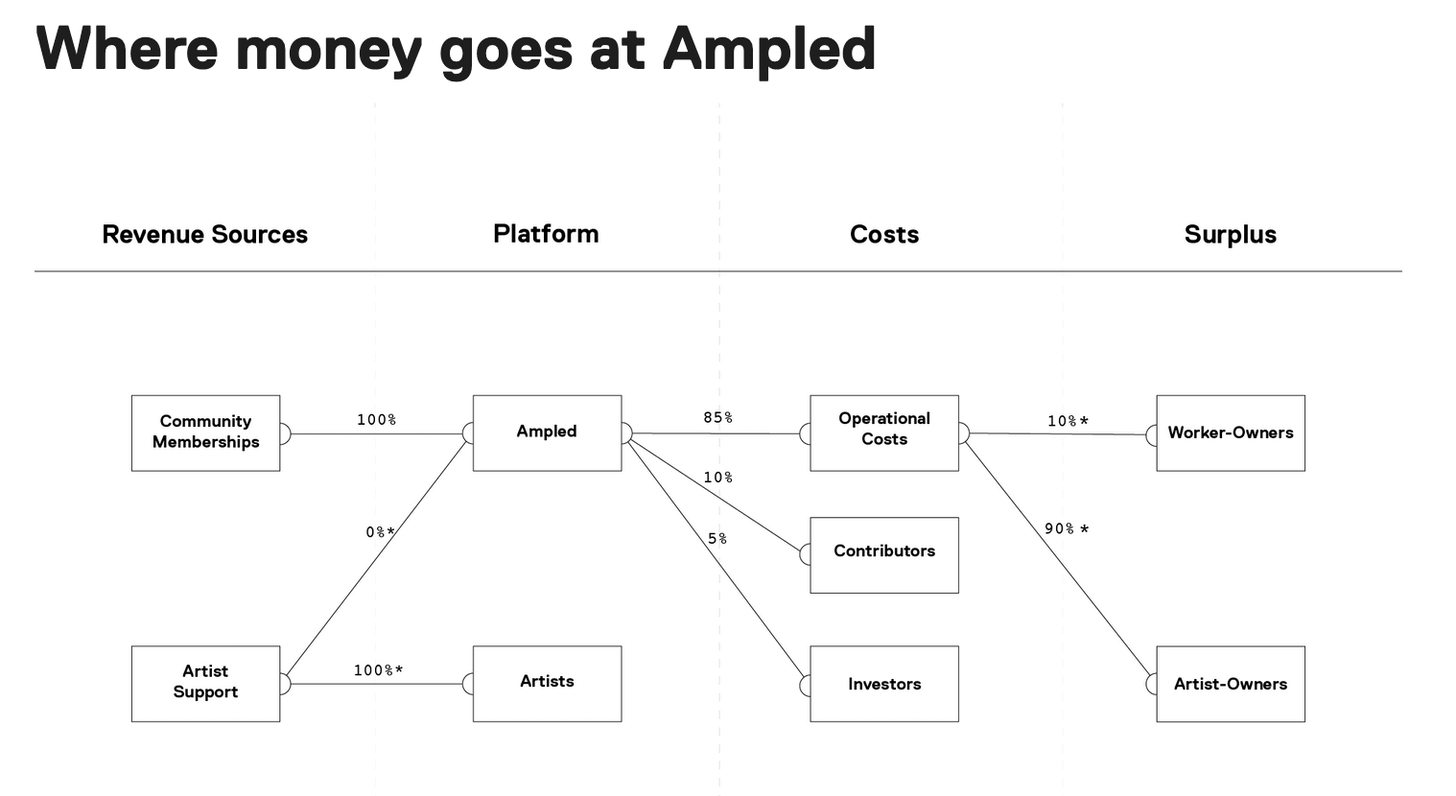“Though my problems are meaningless
That don’t make them go away” — Neil Young
“Most things I worry about
Never happen anyway” — Tom Petty
“Now I'm feeling lonely
My mind is playing tricks on me” — Geto Boys
Our minds are our reality.
What do we want? What our minds tell us to want.
What do we worry about? What our minds tell us to worry about.
We build realities on stories our minds tell us. Even when we’re the only ones who hear them.
Our minds create desires we project onto others. Our minds know things yet refuse to believe them. Our minds believe things without requiring any grounding in truth.
Our minds are all powerful.
How can we use our mind’s power for good? How can we use our imaginations — so skilled at creating elaborate fears and anxieties — to create motivating and uplifting visions for the future?
In last Sunday’s Weekly Bento, we tested our minds with an experiment. Press play or follow the instructions below to participate.
Instructions
Think of a situation in your life where there’s something at stake and the outcome is unclear. You generally know what you want, but you don’t know which way things will go.
Use the next five minutes to write down or make a voice memo that imagines this situation turning out the way you want. Approach this vision like a novelist. Tell the story of how this success happened. Was there a catalyzing moment? How did it unfold? Pay close attention to the emotions and details that feel especially true as you say or write them.
Next, follow this same process exploring this same outcome, only this time from the perspective of someone else in the situation. Your partner, your adversary, your biggest fan. If your vision is making a hit song, write from the perspective of a listener. Imagine the moment they first heard it and why. For the next five minutes, try to see the moment from someone else’s eyes. Once again note the emotions and details that bring it to life.
When you’re done, read what you’ve written out loud to yourself or a friend. (For best results, send them the exercise first, both of you complete it, then share what you wrote with each other.)
What about your story feels most true? What details make this vision feel alive?
Use these details and emotional truths to plot out a series of smaller goals to work towards to turn your vision into reality.
Linknotes
1.
Books I’m reading right now to gain perspective on the moment:
— Limits to Growth by Donella Meadows, Jorgen Randers, Dennis Meadows, and William Behrens. This is a famous/infamous book written in 1972 by four MIT professors that predicted a collapse of society by the mid twenty-first century. This was based on a computer model they created projecting how trends in population growth, resource depletion, and pollution rates would come together in the future.
The book was roundly criticized for the first three decades after its publication. In the last decade, however, its reputation has gained considerably for the worst possible reasons: the predictions made by its models have proven to be largely true. (The book’s Wikipedia page offers a good summary.)
In the 1972 text, the authors tried comforting readers disturbed by their dire forecast: “In the most pessimistic scenario, the material standard of living keeps increasing all the way to 2015.” Back in the 1970s, 2015 felt like the distant future. Now, unfortunately, we’re living in it.
— The Fourth Turning by Neil Howe and William Strauss. I wrote about this fascinating book when discussing theories of time in a post earlier this year. The book theorizes that the world moves through a series of predictable “turnings,” or generational changes, that remake society in broadly predictable ways every twenty-five years or so. This week I went back to the chapter on the “turning” they foresaw happening now. Their perspective (published in 1996) is disturbingly relevant:
“By the middle Oh-Ohs, institutions will reach a point of maximum weakness, individualism of maximum strength, and even the simplest public task will feel beyond the ability of government. As niche walls rise ever higher, people will complain endlessly about how bad all the other niches are. Wide chasms will separate rich from poor, whites from blacks, immigrants from native borns, seculars from born-agains, technophiles from technophobes. America will feel more tribal. Indeed, many will be asking whether fifty states and so many dozens of ethnic cultures make sense any more as a nation…
“Start with a winner-take-all ethos that believes in action for action's sake, exalts strength, elevates impulse, and holds weakness and compassion in contempt. Add class desperation, antirationalism, and perceptions of national decline. The product, at its most extreme, could be a new American fascism.”
Past Fourth Turnings in American history: the American Revolution, the Civil War, the Great Depression, and now. Lessons from the book: War and bloodshed are likely. These crises tend to last around five to seven years, and can take up to twenty years for a new social order to establish itself. Hopefully better than the one before but by no means guaranteed.
— Collective Courage: A History of African American Cooperative Thought and Practice by Jessica Gordon Nembhard. I’m excited to be on a panel with the author of this book exploring how Black Americans have used cooperatives to create ownership and upside in the face of white supremacy. One takeaway from reading it this week: cooperatives are a proven means to create alignment, strength, and value within a community even in extraordinary circumstances.
2.
Speaking of co-ops, Ampled, a co-op subscription platform for musicians that I advise, gathered its community for the first time this week for a wide-ranging discussion.
There was a moment right at the beginning of the meeting that still stands out. One of Ampled’s founders told the forty-some of us that as a co-op, Ampled was a democracy. This was a space built on democratic governance.
No lie: I got chills when he said this. I’ve been in a lot of company meetings in my life, and that was the first time I’d ever heard a leader say that. Here’s Ampled illustration of how different this is:

Ampled also wrote a blog post going into how their revenue and profits will be used and distributed. A great resource for those wanting to learn more about the model.

3.
I appreciated this conversation between Andrew Yang and Anand Giridharadas about Universal Basic Income. I share the concerns Giridharadas offers about UBI here, but Andrew Yang also does a great job of pushing back in very human ways. Worth a watch.
Also recommended: this very long and extremely insightful Slate Star Codex piece that debates UBI versus a jobs guarantee program. This essay changed my mind about the efficacy of jobs guarantees as a potential means of creating opportunity and societal value.
4.
The New York Times with an interesting piece on spiritual consultants advising companies:
At Harvard Divinity School, scholars have been studying the trend away from organized religion for decades. Their consensus is that while attendance at formal services is at a historic low, people are still looking for meaning and spirituality. Dudley Rose, the associate dean for ministry studies, noted that secular spaces were doing a surprisingly good job of fulfilling this desire.
“People were meeting what they identified as spiritual needs, but doing them in organizations that had no apparent spiritual connection,” Mr. Rose said in an interview. “Like SoulCycle. People would cite SoulCycle.”
Mr. ter Kuile, Ms. Thurston and Ms. Phillips saw it like this: If part of religious work is finding people in need wherever they are, then spiritual innovators should go toward the workplace.
5.
The best music:
Do your Future Me a favor
Take the next ten minutes to imagine your future as a novelist would. See what you find out. If something exciting happens, reply to this email and tell me about it. I’d love to know.
Peace and love my friends,
Yancey
The Bento Society

